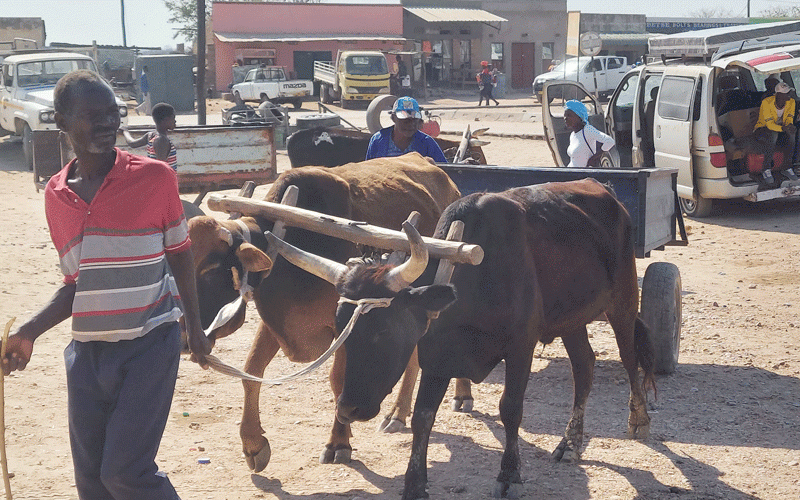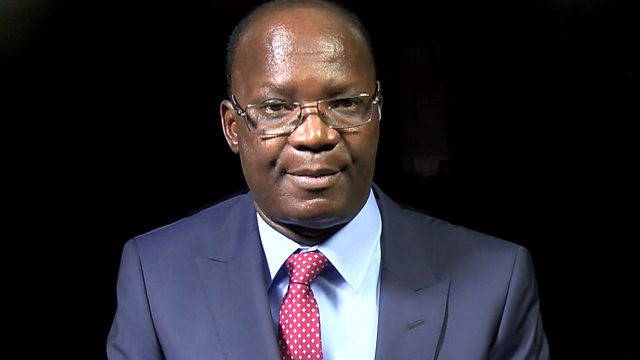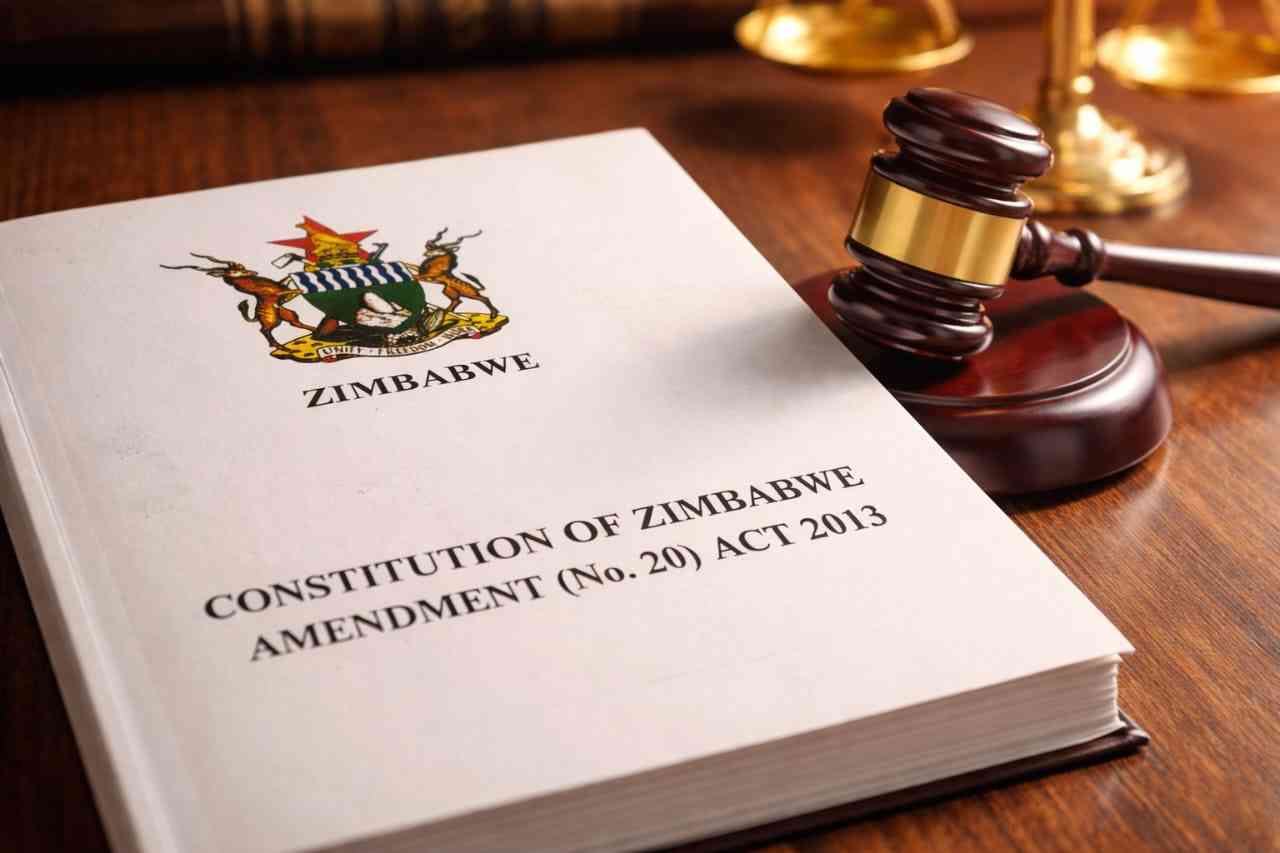
Gokwe North district in the Midlands province is battling a perfect storm of climate change, poverty and environmental degradation — with lack of irrigation infrastructure at the epicentre of the crisis.
As the effects of climate change intensify, Gokwe North remains trapped in a vicious cycle of drought, failed harvests and deepening food insecurity.
According to the International Fund for Agricultural Development (IFAD), more than three billion people globally live in the rural areas of developing countries.
Most live on less than US$2 a-day and depend on agriculture for their livelihoods.
In Zimbabwe the rural population now accounts for 61,4% of the population with the urban population at 38,6%, according to the 2022 Zimbabwe census.
A large chunk of these people rely on agriculture for their living.
Gokwe North was a renowned farming community in Zimbabwe and recorded phenomenal infrastructural development just after independence.
However, at the turn of the millennium, a gloomy picture was painted about the future of the agricultural industry in Gokwe North as a result of recurring droughts, erratic rainfall and poor harvests resulting in food insecurity in the area.
- Flash floods hit Gokwe North
- Flash floods hit Gokwe North.
- Flood-prone Gokwe North areas inaccessible
- Lack of healthcare facilities disrupts HIV control efforts in Midlands
Keep Reading
This resulted in the significant reduction of the production of cotton, which was the major cash crop, and many other crops grown in Gokwe.
Data from the Zimbabwe Farmers Union revealed that cotton production in Zimbabwe declined to an all-time low of 32 000 tonnes in 2016 from 84 000 tonnes in 2015, and 143 000 tonnes in 2014 after a decade-long spell of perceived low prices averaging US$0,30 per kilogramme.
The entire agricultural industry value-chain collapsed, which heralded doom for communities in Gokwe North and other cotton growing districts across the country.
Climate change is attributed to the reduction in crop yields in Gokwe North.
Agricultural experts said rising global temperatures are associated with droughts and according to the World Meteorological Organisation; the world is now about one degree warmer than before widespread industrialisation.
The United Nations Environment Programme (UNEP), a UN agency responsible for coordinating responses to environmental issues says Zimbabwe’s temperature has been rising over the years due to climate change.
From 1970 to 2016, the mean annual temperature in Zimbabwe increased by about 0.03°C per year and by 2040, Zimbabwe’s mean annual temperature is expected to rise by 1-1.5°C from a 1986-2005 baseline, and potentially exceed 3°C by 2050, UNEP projected.
Despite national efforts like the Pfumvudza/Intwasa programme and community-based farming models, Gokwe North’s scarcity of reliable water sources continues to frustrate climate resilience efforts.
“We are being encouraged to adopt irrigation farming to fight hunger, but there is simply no water,” said Marita Maribha, a widow and farmer from Goredema village.
“We depend on rain that rarely comes, and the little that does falls in short, unpredictable bursts.”
Gokwe North’s major rivers such as Ume, Kawongo and Sasame, among others, cannot anchor irrigation schemes because they are heavily silted.
Most rivers in the district are seasonal, running dry before crops reach maturity.
While there are a few small dams, they are often silted due to decades of poor land use and deforestation.
“We had a dam near our village, but now it’s filled with mud and shrubs,” said Tendeukai Moyo, a villager in the Denda area under Chief Chireya.
“It used to water our gardens and animals. Now, we rely on a borehole that barely functions.”
Even hot springs, found in some parts of the district, have offered little relief.
The water is salty and too hot for irrigation, making it unsuitable for farming or human consumption.
“We cannot have gardens because the water coming from our borehole [hot spring] is hot and acidic,” said Maribha.
“We are appealing to the government to drill a borehole in the area so that we have gardens.
“Some of us have gardens along Kawongo River, but these gardens are on the basins and easily washed away when it rains.”
This publication established that hot springs water due to high fluoride levels is not recommended for watering gardens due to potential toxicity.
Excessive fluoride can inhibit plant growth, reduce yields and cause leaf damage while at the same time if fluoride is accumulated in plant tissues; it makes them toxic to humans or animals if consumed.
Agricultural efforts are further hampered by fragile, sandy soils that struggle to hold moisture.
These soils are highly erodible, contributing to the siltation of the few remaining dams.
The cycle is relentless: poor soils lead to low yields, more land clearing for cultivation, and increased erosion — eventually choking water bodies and killing off irrigation prospects.
“Without water and fertile land, we are just scratching the surface of survival,” said Maribha.
“Most young people are leaving the villages to look for work in towns or across the border.”
In recent years, recurring droughts and extreme heat waves have crippled rain-fed agriculture, the mainstay of livelihoods in the district.
Gokwe North is located in agro-ecological region 4, which is characterised by semi-arid conditions with low annual rainfall and frequent droughts.
According to the Meteorological Services Department, Gokwe North’s annual rainfall ranges from 250 to 650mm, with frequent dry spells during the rainy season while temperatures can range from 18°C to above 36°C .
Crop failures have become the norm, not the exception.
Hunger stalks households, with many surviving on food aid and remittances.
Livestock, once a fallback during poor cropping seasons, are also suffering as pastures dry up and water sources shrink.
At some point, some farmers were forced to sell their cattle at give-away prices, further impoverishing households.

The lack of productive options has been pushing desperate communities toward environmentally harmful practices such as streambank cultivation, which is rampant.
This further degrades the land and compromises the few remaining water bodies.
“We know streambank cultivation is bad, but what else can we do to survive?” asked a farmer from Madhondo village, who has a small garden on the banks of Ume River.
“We want some food, but there is no water.”
Gokwe North villagers feel they have been largely overlooked — possibly due to its remoteness, poor road networks and absence of major water bodies.
“We need serious investment in water harvesting — dams, tanks, and even underground reservoirs,” Maribha said.
“There’s potential for dryland horticulture and small livestock if we can secure water.”
Local leaders and civil society actors are calling for climate-smart investments tailored to the realities of dry areas like Gokwe North.
These include: micro-irrigation using harvested rainwater, soil rehabilitation programmes, community-managed small dam desiltation projects, promotion of drought-tolerant crops and livestock.
“Climate change is not just about weather — it’s about water, food, life,” said one traditional leader.
“And without water, there is no life in Gokwe.”
Gokwe-Kabuyuni MP Spencer Tshuma said they were working around the clock to address the challenges faced by farmers as a result of climate change.
Tshuma said the solar-powered boreholes being installed across Gokwe-Kabuyuni constituency were part of a number of schemes that seek to make a significant impact on local villagers.
“We are working with our traditional leaders to identify the needs of our farmers,” he said.
“We now understand their problems and we are on the ground trying to find out how best our farmers can be assisted.”
Tshuma said the government has responded to the impact of climate change through a number of policies and schemes and these include the Presidential Input Scheme and Pfumvudza, among others.
The Presidential Rural Horticulture Scheme, Presidential Solar Scheme, Presidential Borehole Scheme and Presidential Rural Development Scheme are other systems that have been introduced as the government moves to avert climate crisis.
He said the solar-powered boreholes being installed across the constituency were part of the presidential schemes while others are being initiated by the government in partnership with non-governmental organisations.
According to data from the Agriculture ministry, the Midlands region has 3 719 registered beneficiaries from 56 schemes that irrigate 1 821 hactares.
Tshuma said efforts were also being made to establish small-scale greenhouses in some wards.
“Greenhouse gardens are needed in this part of the country as they would help our communities adapt to and mitigate the effects of climate change,” he said.
“We can have these gardens under the Zunde Ramambo (chiefs’ granary) to ensure that food security is guaranteed.”
Busiso Olga Mavankeni, provincial director Agricultural Rural Development Advisory Services Department Midlands province said the government has come up with a number of initiatives to address issues around poverty, food insecurity and environmental degradation in Gokwe North.
She said inadequate high-volume water bodies were a hindrance to the setting up of irrigation systems in Gokwe North.
“Gokwe North has limited prolific water bodies and as a result we only have Vambe Irrigation Scheme, which is six hectares,” Mavankeni said.
“The drip irrigation is more prioritised in most irrigation projects targeted by the government in Gokwe North.
“However, there is a long-term plan to build Kudu Munyati dam, which will result in development of a proposed 5 000-hectare in Gokwe North.”
She said the government was setting up two village business units per ward in Gokwe North with a solar-powered borehole and drip irrigation system been installed per village business unit..
“The government has introduced the village business unit concept nationally,” she said.
“A village business unit has a one-hectare garden, a solar powered borehole, two-10 000 litre water tanks and drip lines.
“Village business units enable production of horticulture crops such as tomatoes and vegetables which are important to Gokwe North communities for their nutrition security, income generation, food availability and stock feeds.”
Mavankeni said these were very important in Gokwe North because the area is arid.
“Having village business unit gives the farmers an opportunity to produce all year round the horticultural crops of their choice,” she said.
“The establishment of village business units also increases the chances of farmers to successfully produce their crops because of the guarantee of water supply.
“The water supplied through village business units also benefits livestock.”
Climate change and natural resources expert Obrien Nhachi said climate initiatives often struggle to reach rural communities like Gokwe North because they are designed in boardrooms, not communal lands they are meant to serve.
“The reality is stark. Imagine when 4,1 million Zimbabweans face hunger, theoretical policies mean little without practical, immediate solutions,” he said.
“Government programmes typically require paperwork many farmers in the rural areas can’t navigate or demand upfront costs families living hand-to-mouth. they simply don't afford it.
“A drought-resistant seed programme is useless if it arrives after planting season or if the seeds cost more than a family's monthly income. And not all seeds thrive in most areas.”
Nhachi said smart farmers were embracing simple solutions: collecting rainwater in old drums, intercropping vegetables with drought-tolerant trees and forming small cooperatives to share costs of improved seeds.
He said the most effective climate action happens when farmers lead it themselves.
“The government can help by removing barriers – simplifying access to agricultural extension services, ensuring rural roads stay passable so farmers can reach markets, and providing basic weather information via SMS.”










